How to Cope With Anxiety
This post may contain affiliate links. That means I may receive a small commission, at no extra cost to you, if you purchase through my link.
As I write this, we are still dealing with the pandemic, so it seem to be an appropriate topic to write about. How do we cope with anxiety, is a question many of us have asked over the last couple years. Let’s start with a description of what anxiety is.
What is anxiety?
Anxiety is our natural response to stress. It is a feeling of tension and worry, often creating a sense of fear and dread. It can be accompanied by physical changes, such as an accelerated heart rate and an increase in perspiration. Although anxiety is a normal response to stressful situations, prolonged bouts of anxiety can be more serious and may indicate an anxiety disorder. If you think you have an anxiety disorder go see a doctor or other medical professional.
Symptoms of Anxiety
People experience the symptoms of anxiety differently, and the same person may become anxious over a situation that to others seems inoccuous. Anxiety symptoms can range from simple butterflies in your stomach, to a full on panic attack. Some people have nightmares, while others aren’t able to sleep at all. Some just feel restless. Overall, anxiety just makes you feel out of control. To understand what it is and how to cope with anxiety, you need to recognize when you are experiencing it. Here is a list of some common anxiety symptoms.
- Butterflies in your stomach
- Nausea and digestive issues
- Nervous or tense
- Restless
- Shaking
- Weak
- Dizzy
- Accelerated heart rate
- Chest pains
- Hyperventilating
- Sweating
- Fatigue
- Difficulty sleeping
- Difficult time concentrating
- Impending sense of doom
Anxiety vs Anxiety Disorder
Stressors
While some amount of anxiety now and then is normal, prolonged severe anxiety is not. So how can you tell the difference between everyday anxiety and an anxiety disorder? One way to differentiate between the two is whether or not there is a stressor. Situational anxiety has a stressor that sets it off. Things like moving, starting a new job, public speaking, or dealing with a difficult person or situation, are all stressors for anxiety. Anxiety disorder, however, can occur without any stressor, or from seemingly small stressors. Depending on the type of anxiety disorder, things like going out in public or balancing your monthly budget can cause an anxiety attack. These seemingly minor strains can be unbearable to someone dealing with an anxiety disorder. The causes are disproportionate to the level of anxiety.

Timing
Another indicator of anxiety disorder is how long it lasts. A normal episode of anxiety will pass rather quickly; whereas anxiety can last days, even weeks in a person with anxiety disorder. The anxiety is prolonged. It can start long before the stressful situation happens and can continue on way past the conclusion of that situation.
Physical Sensations
Anxiety can cause physical symptoms such as a headache, tightness in the chest, increased heart rate, a rise in body temperature and sweating. These symptoms, however, are not usually severe and pass once the stressful situation has passed. When you are dealing with an anxiety disorder the symptoms are more intense and are prolonged. Symptoms may include:
- Headache or migraine
- Irritability
- Nausea
- Diarrhea
- Loss of appetite
- Light headedness
- Sweating
- Difficulty breathing
- Increased heart rate
- Inability to concentrate
- Consumed by negative and fearful thoughts
- A feeling of being disconnected from reality
What’s Happening to Your Body During an Anxiety Attack?
Anxiety triggers the fight or flight response. When this happens the body is flooded with hormones that activate the sympathetic nervous system. In addition, your senses become heightened and blood flow rushes to your extremities, preparing you to either fight or run away. Your pain response is dimmed to enable you to continue your fight for survival. It is actually a brilliant system, if you actually are in danger. Unfortunately the amygdala, which is the part of the brain that controls the fight or flight response, does not know the difference between a sabre-tooth tiger attack and an angry boss. So in either event the fight or flight system is activated and the body starts to shut down nonessential functions.

This becomes a problem in todays world. Our fight or flight response is more often triggered by non-life threatening events. Simple things such as moving, having to speak in public, or a job interview, are causing our anxiety attacks. In all these scenarios it probably would not go over well to start a fight for survival or to run away. Therefore, we face the situation and carry on through our day. No problem right? Wrong. Our bodies often haven’t reset, so they continue to run as if we are in danger. Because we don’t actively release that adrenaline, nonessential functions are not running at full strength. Those functions are things like digestion, growth and reproductive hormone production and tissue repair. Having these systems not working properly for extended periods of time can lead to major health issues.

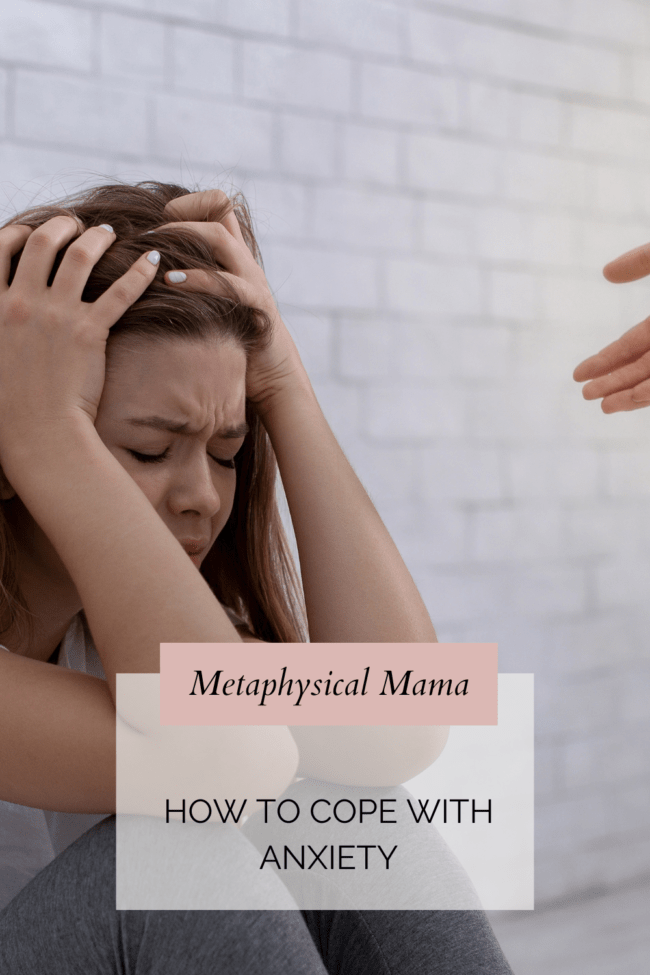
Effects of Prolonged Anxiety
Prolonged exposure to anxiety can wreak havoc on your mind and body, and can put you at greater risk of depression. Being in a constant state of fight or flight can cause your immune system to be compromised. It may decrease your sexual drive and even contributed to sexual disfunction. In a addition, anxiety can bring about menstrual and fertility problems, also digestive issues such as irritable bowl syndrome, stomach ulcers and gastritis. It increases your blood pressure and can cause heart problems, leading to cardiac events or stroke. You may end up plagued by extreme fatigue, which can create a whole slew of new problems. Migraines may become a regular occurrence, immobilizing you. Asthma symptoms have also been shown to worsen. Even your skin and hair can suffer from the effects of anxiety, causing acne, psoriasis and hair loss. Serious stuff right? This is why it is so vital to find ways to cope with anxiety.
Ways to Learn How to Cope With Anxiety
Exercise
Most of us have no idea how to cope with anxiety. Where to start? First let’s talk about how to shut down the fight or flight response once it has been triggered. When humans first developed this acute stress response, it was a survival mechanism. It would be triggered when there was danger, and we would either fight for our lives or run away. Either way, an extreme physical action was preformed before we were able to calm down and our functioning returned to normal. That is why exercise is a great way to come out of a fight or flight situation. It doesn’t have to be a huge exercise routine. Even five minutes of sweat inducing cardio will help break down the stress hormones in your body. This in turn helps you return to a calmer state and your body will begin functioning optimally once again.
Remind Yourself That You Are Safe
The stress response is there to keep us safe. Sadly it can’t differentiate a stampede of wooly mammoths from a public speaking engagement. So it is up us to convince ourselves that we are in fact safe. A little bit of comforting self-talk here should do it. Tell yourself you are safe, that there is nothing to be afraid of. Talk to yourself as though speaking to a scared child, be gentle and kind. Being hard on yourself will only make it worse and panic you more.

Breath
When you are having an anxiety attack you often experience shortness of breath. Taking some deep breaths can help you calm down. Make sure to breath using your diaphragm. Breath in to the count of four, hold for four, breath out to the count of four. Try to increase your count as you go. The other benefit of deep breathing is that you are concentrating on your breath, not what has made you anxious. Instead of your mind racing around perceived fears, it is focused on your breath. This gets you out of your head and into the present moment.

Be in the Now
During an anxiety attack, you are not in the present moment. You are in the future imagining all the things that can go wrong, or you go back to the past and look for confirmation in all the things that have gone wrong for you before. You start digging up every thing bad that has ever happened to you and use that as proof that things will end badly now too. STOP! You are making your anxiety worse and are only attracting more negativity to you by having negative thoughts. For more about this read my post on Positive Affirmations here. Just because something bad happened to you in the past doesn’t mean it will now. You create your own reality.
To help you learn how to cope with anxiety and get you into the present moment, start by taking some deep breaths. Focus on the sensations in your body while you continue to take deep breaths. Is you chest tight? Focus on it. Notice how it starts to loosen a little as you take deep breaths. Do this with any sensations you’re having in your body. When you focus on the sensations in your body, you are not in the past or the future, but firmly planted in the now.
How to Keep Anxiety in Check
Now that we’ve talked about what to do during an anxiety attack, let’s talk about what we can do to lessen the occurrences of anxiety attacks. We can’t avoid every uncomfortable situation in life, although we may try, so we have to find a way to handle stress better.
Meditation
Meditation is gaining more and more popularity. This is because of the numerous benefits it provides. For example, regular meditation can help you sleep better, ease depression, decrease stress, improve memory and aid in ones general health. By focusing on our body and / or our breath, we are forced to be in the present moment. Anxiety, as we’ve learned comes from focusing on the past or the future. It helps us to quiet our thoughts and not let them overwhelm us. Add a good dose of relaxation and meditation kicks anxiety’s butt.
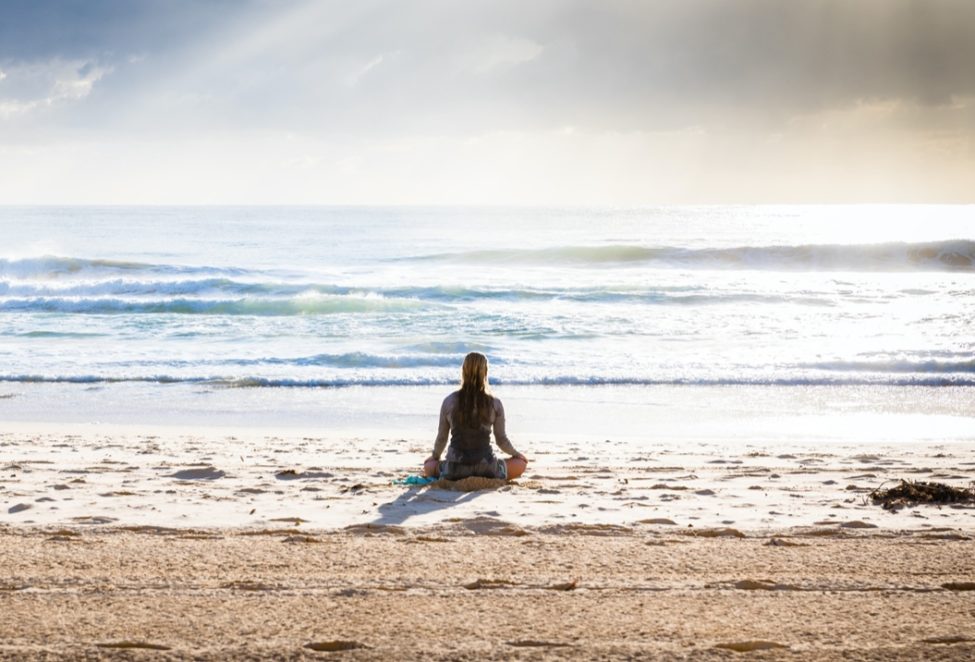
A simple meditation is to sit up straight and focus on your breath. Don’t try to deepen it, just notice it. If thoughts start to come in, acknowledge them and let them go. That’s it! Do this everyday, even if it’s only for five minutes and you will start to feel the difference. Remember at the end of your meditation to take a moment to get grounded. You can do this by having some water, eating something small, stomping your feet lightly on the ground or imagining you have roots going deep into the ground.
If you are looking for more meditation ideas Deepak Chopra has some guided meditations here https://chopra.com/articles/guided-meditations.
EFT Tapping
EFT Tapping is becoming increasingly popular as an anxiety treatment. It literally shuts down the ‘fight or flight’ response, turning off the amygdala. It sends signals to the body letting it know that it is safe. Your system can then return to it’s normal functioning. You can learn more about EFT here: What is EFT or follow along with my EFT tapping video below to teach you how cope with anxiety.
Yoga
Like meditation, the deep breathing in yoga activates the parasympathetic nervous system which helps you relax. In addition, it helps loosen and stretch the body which can help eliminate some of the physical discomfort of prolonged anxiety. People have reported a notable change in their anxiety after as little as 12 weeks of doing regular yoga. Seems worth a try.
Looking for yoga routines? Yoga With Adriene is my absolute favourite!
https://www.youtube.com/user/yogawithadriene
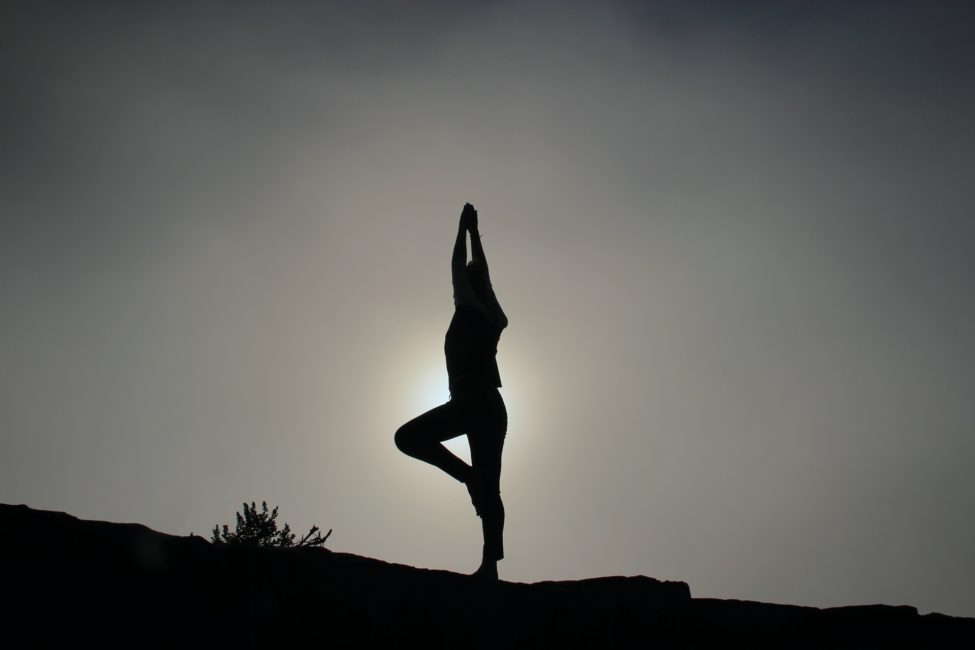
Take Care of Yourself
Proper sleep can have a huge effects on both our physical and mental health and yet, so often we overlook it. Getting a good night sleep can sometimes be difficult when you suffer from anxiety. However, using tools like meditation, yoga, breathing exercises and developing a regular nighttime routine can help. A good night sleep can definitely help you cope with anxiety.
Diet is also a huge factor. Sugar, processed foods, caffeine and alcohol should be avoided. Don’t get me wrong, we all deserve a treat now and then, but regular consumption can contribute to not only anxiety but a slew of other health problems. Complex carbohydrates metabolize slower than processed food. This helps maintain our blood sugar level which makes us feel calmer. Eating a healthy, balanced diet, not skipping meals and drinking plenty of water are recommended for optimal health. These are some foods that are recommended for people suffering from anxiety:
- Brazil nuts
- Anything high in Omega-3
- Vitamin D
- Eggs
- Pumpkin seeds
- Dark chocolate
- Turmeric
- Yogurt
- Chamomile tea
- Green tea
Not sure what a balanced diet looks like, take a look at the Canadian food guide here https://food-guide.canada.ca/en/food-guide-snapshot/
Journal
Journalling is often recommended for people suffering from anxiety. Not only can help you work through the feelings that are causing your anxiety, but it is also a brain dump. Sometimes writing it down is enough to relieve the tension and fear. When it’s out of your head, you can take a step back and look at it with a little more perspective.
Here’s a great article on Journalling for anxiety
https://www.verywellmind.com/journaling-a-great-tool-for-coping-with-anxiety-3144672
Crystals For Anxiety
Some people have found using crystals to be helpful. Here’s a few that work well at calming anxiety:
- Blue Lace Agate
- Amethyst
- Lepidolite
- Angelite
- Fluorite
- Black Tourmaline
To get the benefits from these crystals they can be worn in jewelry or kept in your pocket. Meditating with them can be really effective as well.

There are many other ways to help ease your anxiety out there, but if you are experiencing prolonged anxiety and or physical symptoms, go speak with your health care provider. Your health and wellbeing is the most important thing. Do whatever you need in order to be the best and healthiest version of yourself.
Book a Session With Me
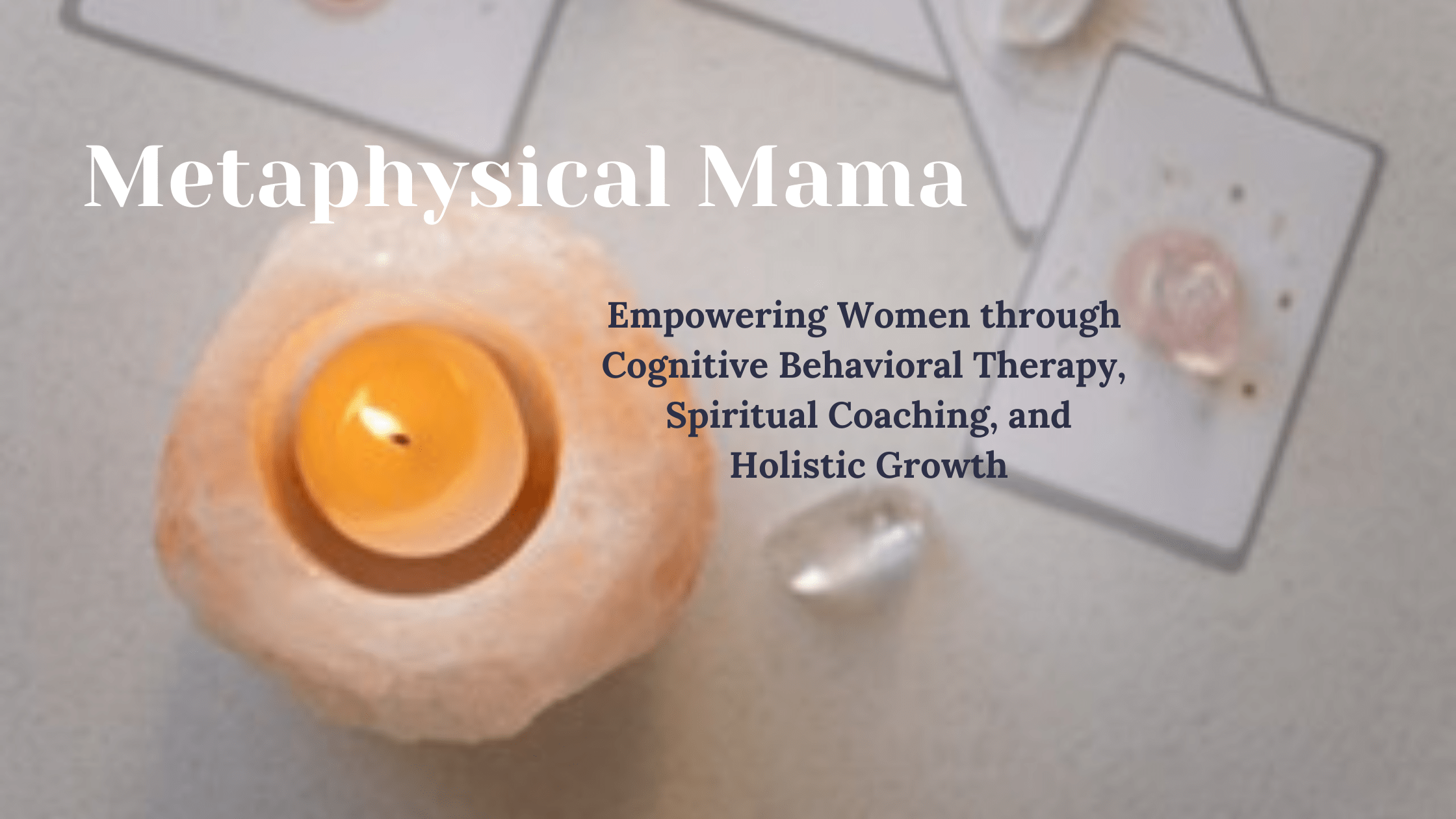
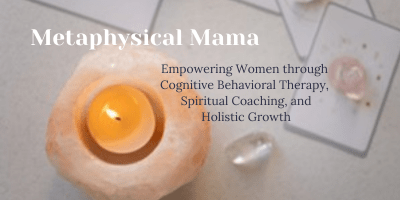
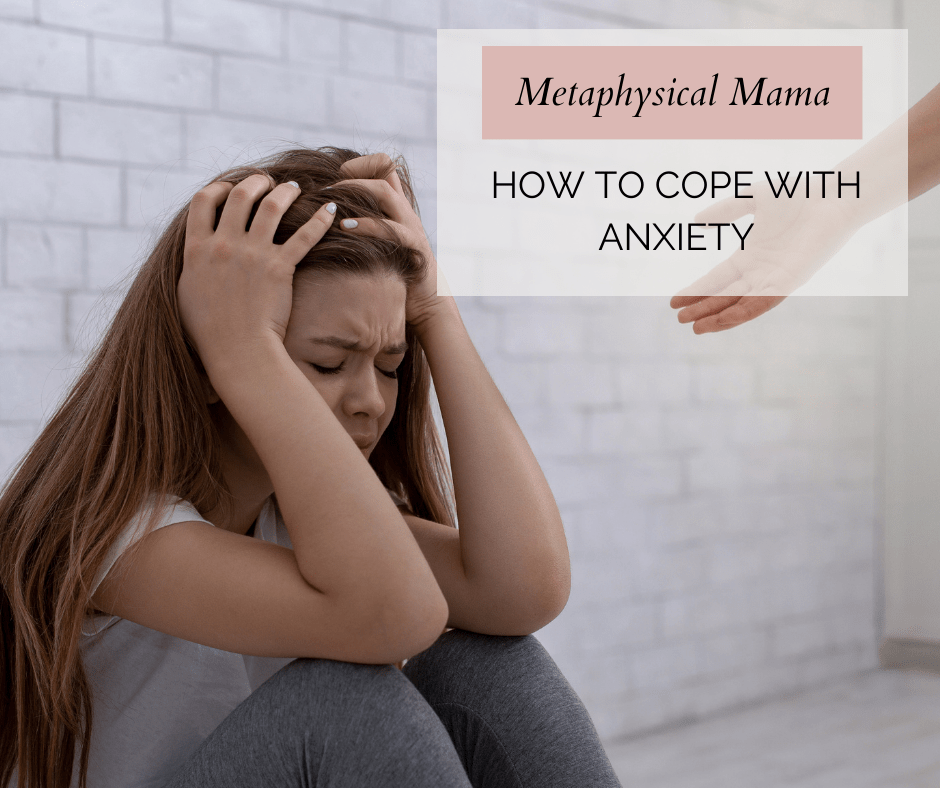

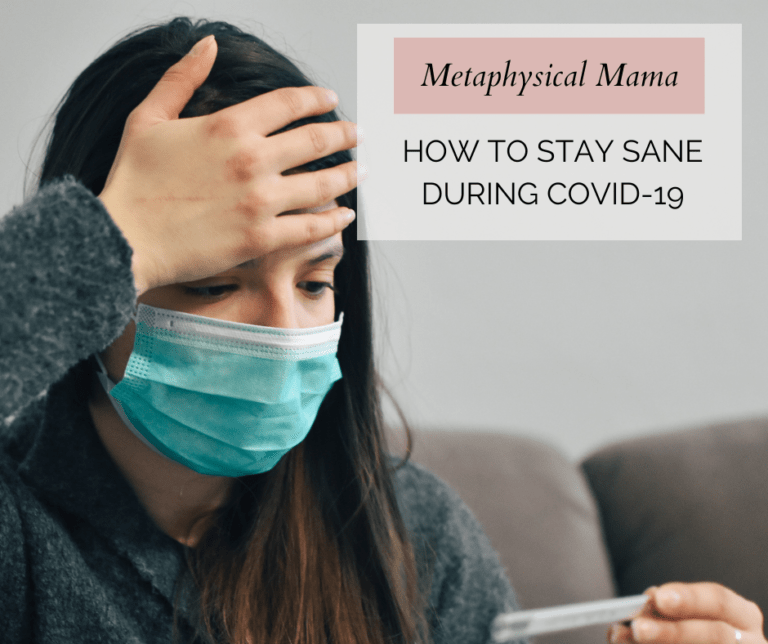
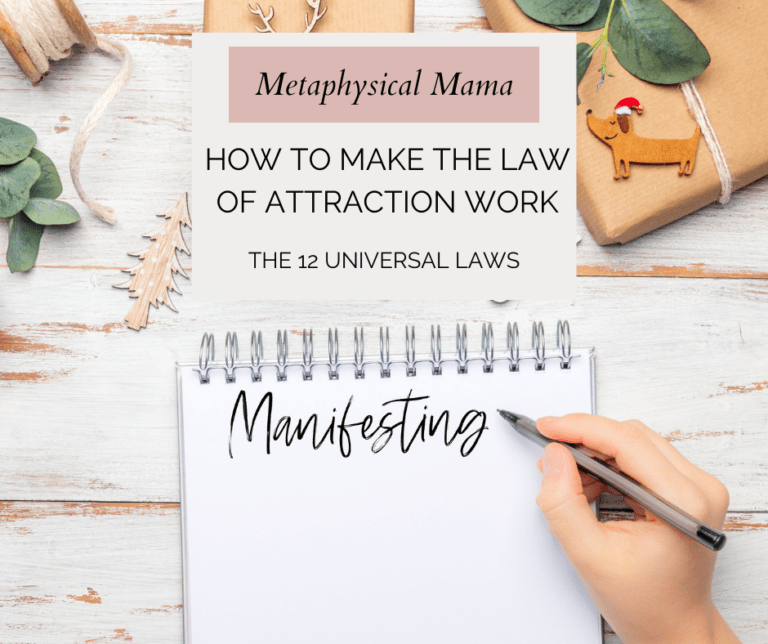
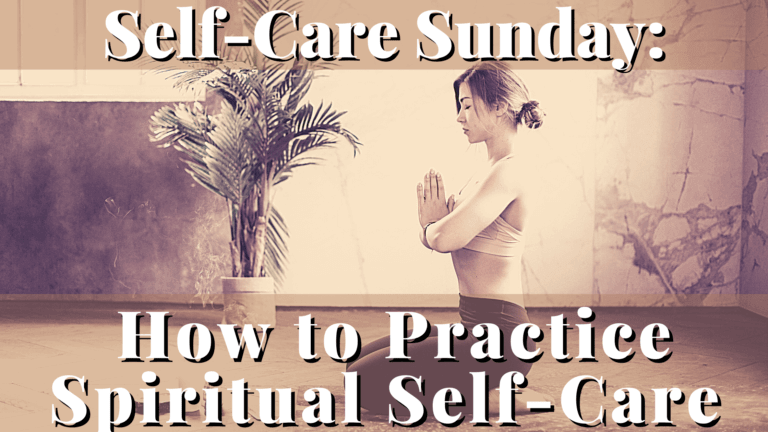
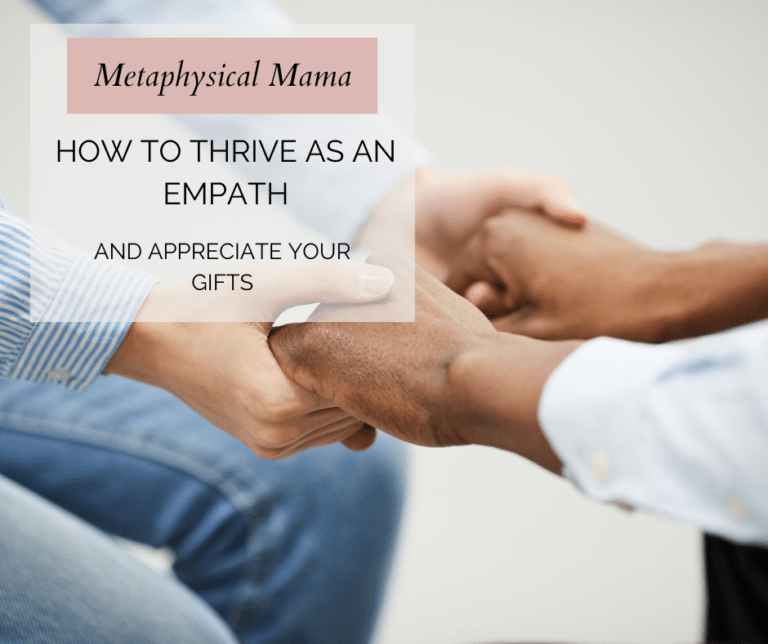
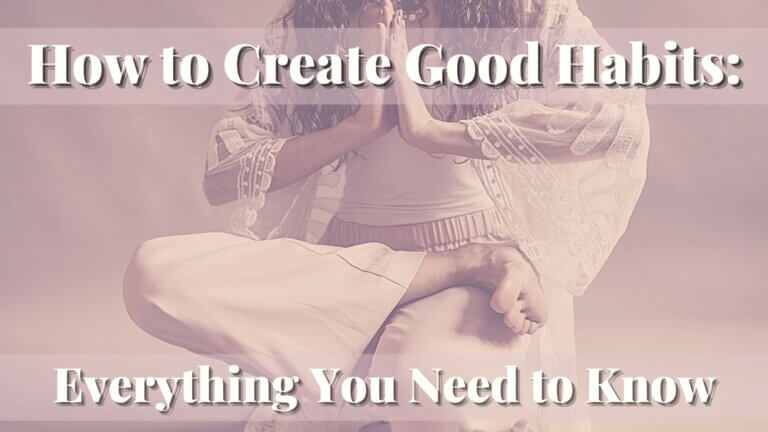
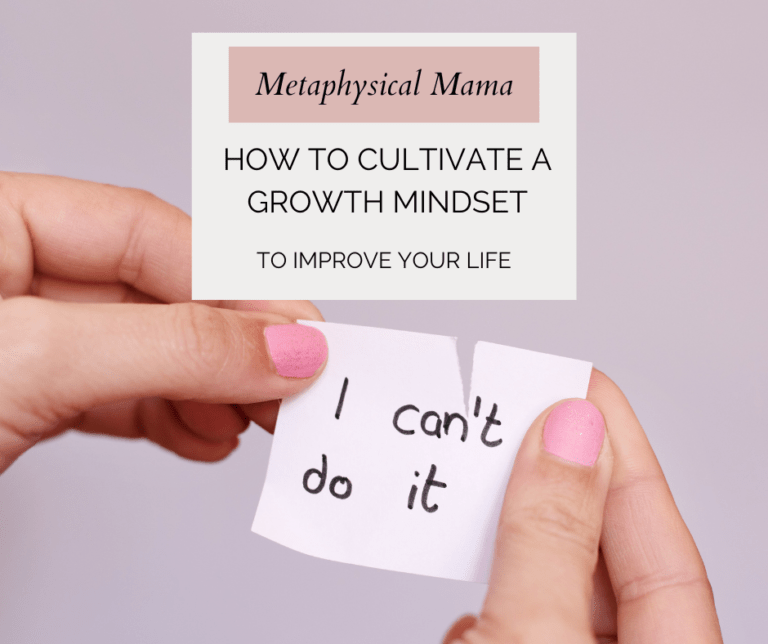
This is such a helpful and informative post. You’ve included some great tips.
Thanks! I’m glad you enjoyed it!
I love this post. I have been feeling a little anxious lately. I feel like I’m been home so much and I’m usually alone all day. It’s hard when things aren’t in my control and right now, my city is in lockdown orders too. I like that you listed out some foods that help with anxiety. That’s super helpful as diet is a big part of our lives. Thanks for sharing x
http://www.lynnmumbingmejia.com
You are not alone. This lockdown is making a lot of people feel anxious. I know I’m struggling. Hopefully things will get better soon and we can all start feeling a little more in control of our lives.
Thanks for reading!
These are all such great tips and tricks for coping with anxiety. Thanks so much for sharing!
Thank you! I’m so glad you found them useful!
This is such a helpful post. I’ve been really suffering with my anxiety in recent weeks but always feel much calmer when I focus my energy on doing some yoga.
Yoga has been a huge help for me lately as well. Thanks for your comment!
I’ve thankfully got a better control on my anxiety but for a while it really gripped me; it impacted my ability to go about everyday activities and was so depressing. Your reminders and tips are really useful; I will be sure to keep them in mind when I need to use them. Thanks for sharing!
It’s true, anxiety can be so debilitating. I’m so glad you found these tips helpful.
This is such a great post! I was just talking to someone about anxiety and how I use the grounding technique but definitely taking care of yourself goes a long way and helps with having less anxiety attacks. I always tell myself if I can touch what’s in front of me I am okay, then I touch it. If I can take a deep breath and smell then I am okay, then I breathe deep, I also tell myself if I can hear everything around me im okay, and if I get that tunnel hearing I have to tell myself it will pass this is only anxiety and nothing is actually happening. I have come SO FAR with calming myself down and being in tune with my body and figure out pretty quickly what’s causing the anxiety attack. These tips will be added to my routine!
It can be so hard to deal with anxiety. It’s amazing that you have found a way to manage it!